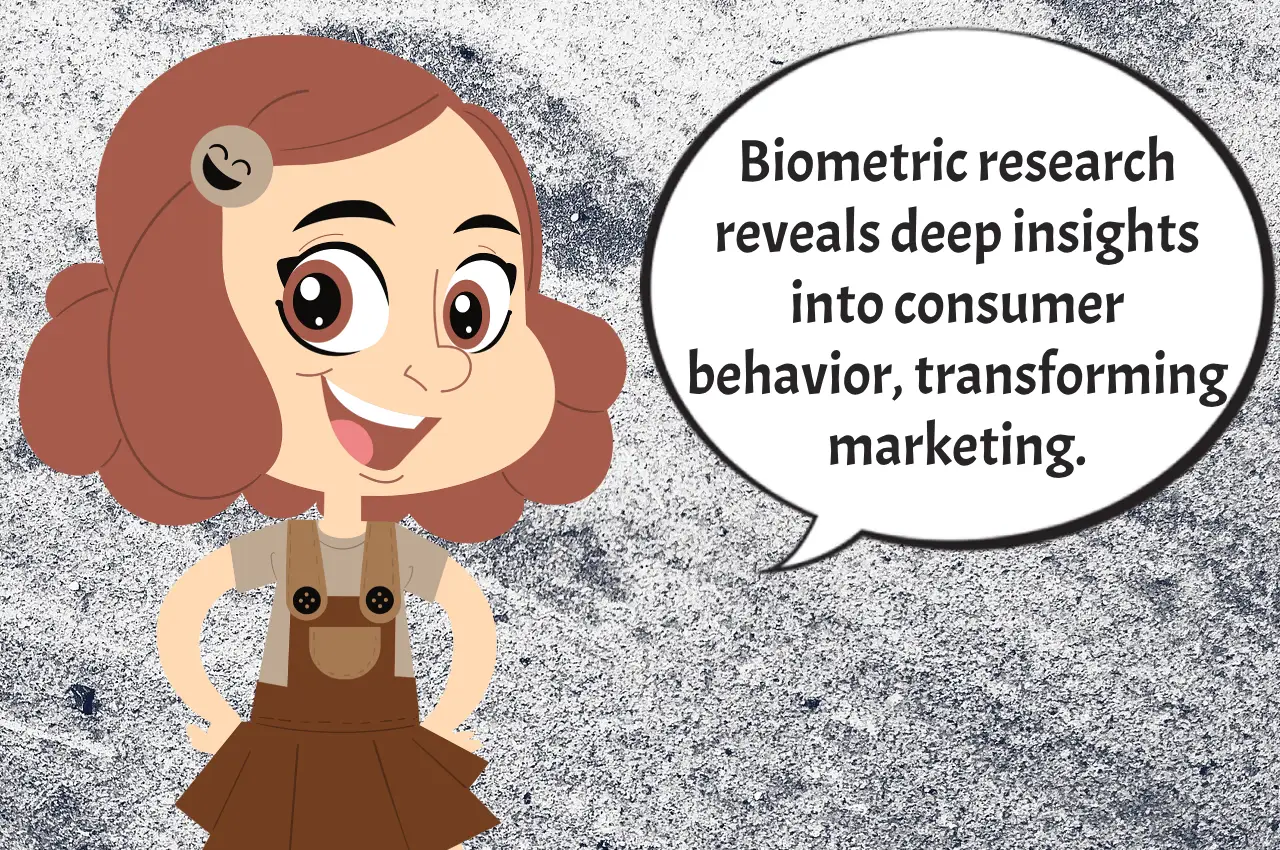In the ever-evolving landscape of consumer research, traditional methods often fall short of capturing the intricacies of human behavior. However, with the advent of biometric research, a new frontier has emerged, offering unparalleled insights into consumer reactions. By delving into the physiological responses of individuals, this innovative approach provides a holistic understanding of consumer preferences, paving the way for more targeted marketing strategies and product development. In this article, we explore the science behind biometric research and its implications for businesses seeking to stay ahead in today’s competitive market.
The Power of Biometric Research
Biometric research harnesses cutting-edge technology to analyze physiological indicators such as heart rate, skin conductivity, facial expressions, and eye movements. By monitoring these biomarkers in real-time, researchers can uncover subconscious reactions that traditional surveys or focus groups may overlook. This granular level of insight offers invaluable data for businesses looking to optimize their products, services, and marketing campaigns.
Unlocking the Subconscious Mind
One of the key advantages of biometric research is its ability to tap into the subconscious mind of consumers. While individuals may articulate their preferences and opinions through verbal or written responses, these self-reported data points often fail to capture the full spectrum of human emotions and motivations. By measuring physiological cues, such as changes in heart rate or microexpressions, researchers can decipher implicit reactions, providing a more nuanced understanding of consumer behavior.
Enhancing User Experience
In today’s digital age, user experience (UX) plays a pivotal role in shaping consumer perceptions and driving brand loyalty. Biometric research offers valuable insights into how users interact with digital interfaces, websites, and mobile applications. By analyzing factors such as eye tracking patterns and facial expressions, designers can optimize UX design to create intuitive and engaging experiences that resonate with target audiences.
Tailoring Marketing Strategies
Effective marketing hinges on the ability to connect with consumers on a personal level. Biometric research enables marketers to gauge the emotional impact of advertising campaigns, product packaging, and brand messaging. By measuring physiological responses, such as arousal levels and emotional valence, marketers can fine-tune their strategies to evoke the desired sentiments and drive consumer engagement.
Navigating Ethical Considerations
While biometric research holds immense potential, it also raises ethical concerns regarding privacy and consent. As researchers gather sensitive data related to individuals’ physiological responses, it is imperative to prioritize ethical guidelines and ensure transparent communication with participants. Respecting privacy rights and obtaining informed consent are essential steps in conducting responsible biometric research and upholding trust within the community.
Real-World Applications
The applications of biometric research are wide-ranging and extend across various industries. In the realm of healthcare, biometric sensors can monitor patient vitals and provide early warnings for potential health issues. In education, biometric data analysis can optimize learning environments and personalize educational content based on individual student needs. Furthermore, in the field of entertainment, biometric insights can inform content creators about audience preferences, leading to more captivating storytelling experiences.
The Future of Consumer Insights
As technology continues to advance, the possibilities for biometric research are endless. From wearable devices that track biometric data in real-time to AI-powered algorithms that analyze complex physiological patterns, the future of consumer insights is poised for rapid evolution. By embracing biometric research, businesses can gain a competitive edge in understanding consumer behavior and delivering tailored experiences that resonate with their target audience.
Conclusion
In conclusion, biometric research represents a paradigm shift in the way we understand and analyze consumer behavior. By leveraging cutting-edge technology and scientific methodologies, researchers can uncover deep insights into the subconscious reactions of individuals. From enhancing user experiences to informing marketing strategies, the applications are vast and far-reaching. As businesses strive to stay ahead in today’s dynamic market, embracing biometric insights offers a pathway to success in meeting the evolving needs and preferences of consumers.
Are you ready to harness the power of biometric research to unlock deeper insights into consumer behavior? Share your thoughts and experiences in the comments below!





